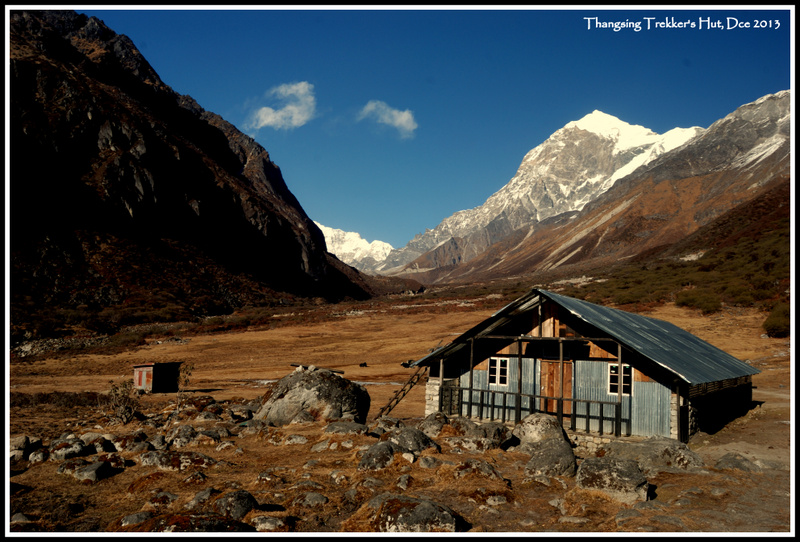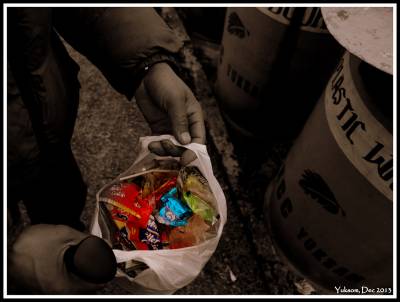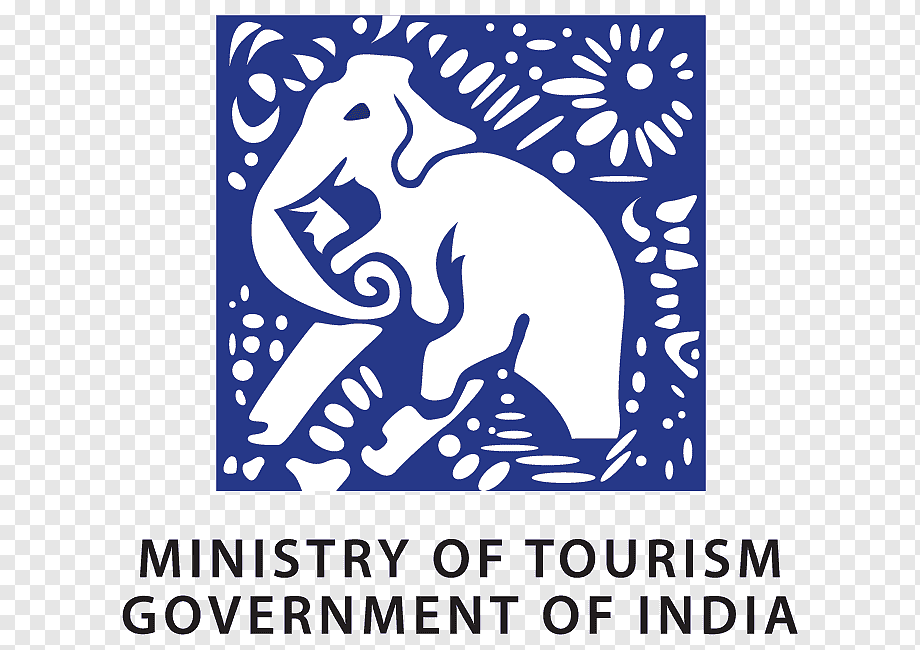Many of us visit mountains, forests and other natural areas for trekking, hiking, and mountaineering. There are certain essential practices or outdoor ethics that travelers should take care while visiting these places. These include certain basic outdoor manners and best practices which are documented as follows.
1. GREETING
Greeting fellow travelers and locals though seems to be trivial, can prove to be very effective. It is certainly an ice-breaker allowing fellow travelers and locals to exchange important travel tips and ideas.
2. WALKING IN A SINGLE A LINE
This is important especially when hiking in mountains and forest areas. Walking in a single line allows a traveler to be in eye contact with the traveler in front of him/her. Generally one of the two most experienced members of the team leads the line and the other member walks at the end of the line to ensure that nobody from the team is left behind.
3. OVERTAKING TRAVELERS
The pace of walking for each hiker may vary widely and each hiker becomes comfortable at a particular pace especially for very long hikes. Some hiker prefers going slow and some may be comfortable moving fast. So faster hikers may have to overtake comparatively slower hikers. But sometimes it happens when a hiker is struggling or having some trouble moving and seeing another person overtake him/her can be very demotivating at times. So, during overtaking a slow hiker it is polite to inform that he or she is overtaking and also if required please ask if the slower hiker needs some help.
4. PASSING INFORMATION
Passing information internally among a group and also to other groups is always advisable. Especially when traveling the lead members need to pass information of the terrain they are currently passing or the terrain ahead successively to ensure trust and safety.
5. HUT MANNER
Many times you may need to use shelters like trekking huts during your hikes and treks. Some things that we need to take care during stay in huts are as follows:
a. If you have the proper permissions to stay in the hut unless there is an emergency.
b. Leave the hut and hut area clean. Leave it in a state so that the next group should have any trouble staying in it.
c. If you have excess long-term non-degradable food like rice, pulses or other essential items which travelers can use you can leave that behind neatly packed in a corner where it can be easily discovered.
d. Take care of fire hazards especially if you are planning to cook.

6. PERSONAL HYGIENE
Being in isolated regions sometimes you do not access the resources you will generally get in a town or a village. But that does not mean you totally ignore personal hygiene which can make you or your fellow members critically sick.
Some of the points that are as follows:
a. Brush your teeth daily if you have water or use a mouth wash in case there is a scarcity of water. Not washing your mouth can lead to a bad taste in your mouth and can lead to loss of appetite leading to weakness.
b. Try to get a bath after every 2-3 days and if the there is a scarcity of water or the temperature is too low sponge bathing should be done. This helps in opening up the pores of skin which help to reduce the chances of skin infection.
c. Wash your hands before meals.
d. Try to wash your used socks and undergarments if you have access to water or in case there is a scarcity of water dry them in the sun. Smelling socks and clothes can lead to a very suffocating environment inside tents which make one fall sick.
e. Try to keep your nails short. Nails accumulate a lot of germs and also may hurt or cause injuries when climbing rocks.
7. NOISY BEHAVIOR:
“The civilized people, have lost the aptitude of stillness, and must take lessons in silence from the wild before they are accepted by it.” – Isak Dinesen (author: Out of Africa)
a. Avoid talking loudly or create loud noises especially in areas where there is wildlife which might disturb the local fauna or may attract unwanted danger.
b. Making loud noises in landslide and avalanche prone areas can be very dangerous as well triggering an unwanted landslide or landslide.
c. If you see a wild animal(s) never try to attract attention by making noise and other actions.
8. LOCAL KNOWLEDGE AND TRADITION:
a. Local knowledge is very important. Always try to acquire as much information as possible from the local people.
b. Try to stick to advice given by the locals as they would be much aware and knowledgeable about the terrain and other important details.
c. Have respect and never mock or make fun of local traditions and belief.
9. POLLUTION CONTROL AND WASTE MANAGEMENT
“Take only photos and leave behind only footprints”
Eco-travelers need to be extra careful that they are not harming the environment or the local terrain knowingly and unknowingly. Here are a few tips:
a. Never throw any waste (especially biologically non-degradable like plastics, tin, glass etc.) on the road/trail or in the camp area. Keep separate waste bags to dump the garbage. Dump the bags only in designated areas where the forest or local authorities have provided proper disposal mechanism like waste bins.
b. Avoid lighting bonfires as they harm the soil on which they burn. Generally, burnt soil may require years to come back to state from where they can again support any vegetation on them. If born-fire is an absolute requirement try to make the fire on artificial elevated platforms.
c. Avoid smoking and drinking. Contrary to the popular belief that drinking alcohol warms the body during cold weather, it actually lowers the overall body temperature and may cause severe dehydration. Alcohol also slows down the acclimatization process as well.
d. Avoid cutting trees or breaking live branches. If the wood is needed collect only fallen or dead branches. Do not smell touch or pick or eat any wildflowers or vegetation without proper knowledge.

10. TOILET HYGIENE:
Practice clean toilet hygiene.
a. Do not defecate near directly in camp areas.
b. There should always be a designated toilet area or toilet tent which should be a little away from the camp area and preferably toward the valley side at a lower altitude.
c. If you need to use open area then dig a hole and cover that up with soil again after use.
d. If tissue papers are used dispose of them off responsibly by covering them up.
e. The area should be left in a clean state so that it can be used by other people without any issues.
These are some of the manners that are documented which should ideally be followed by an eco-responsible traveler.
(Source: Basic Mountaineering Course 2014, Manali, Course on Eco-Mannerisms and Best Practices)







